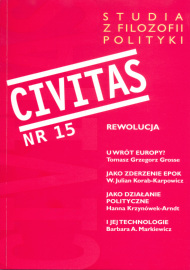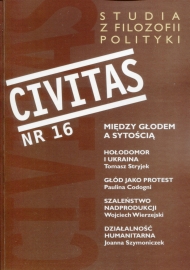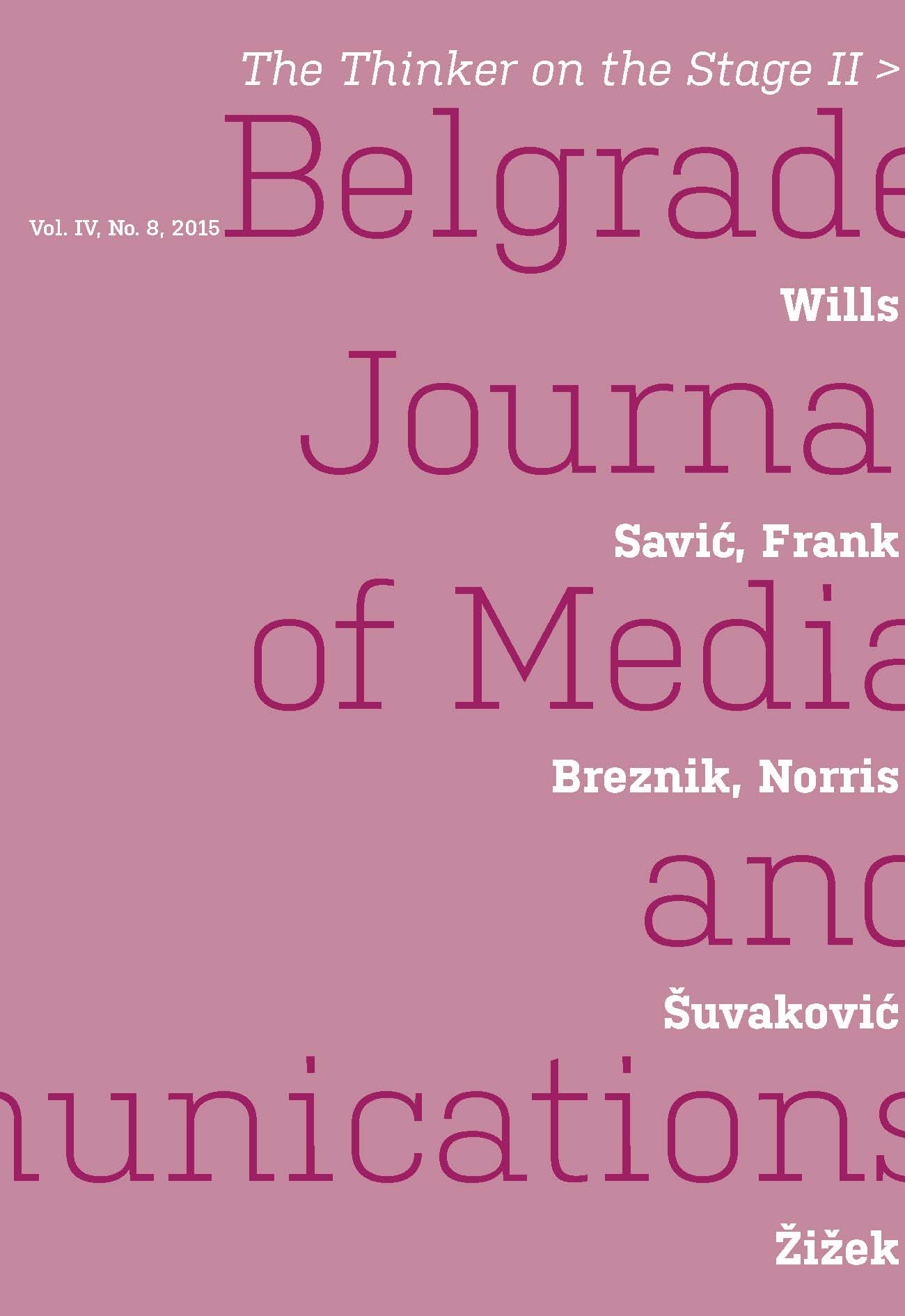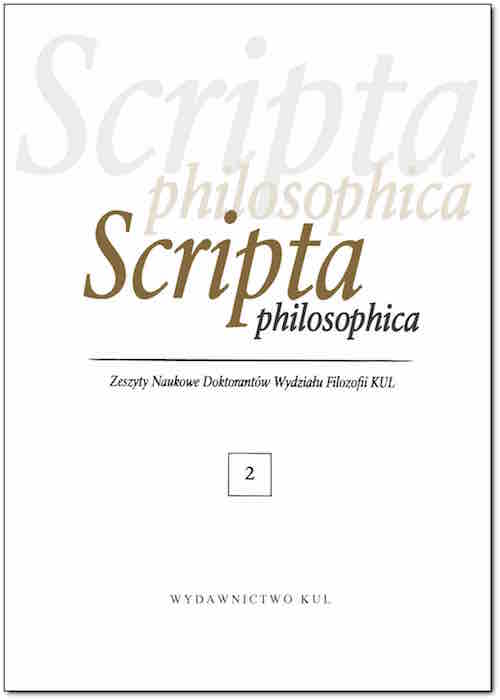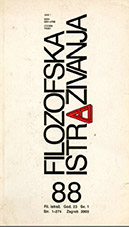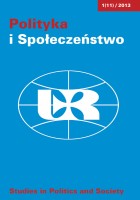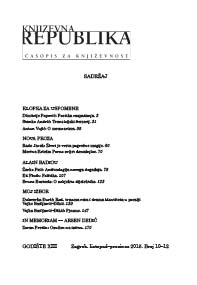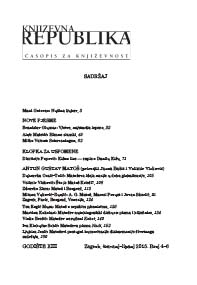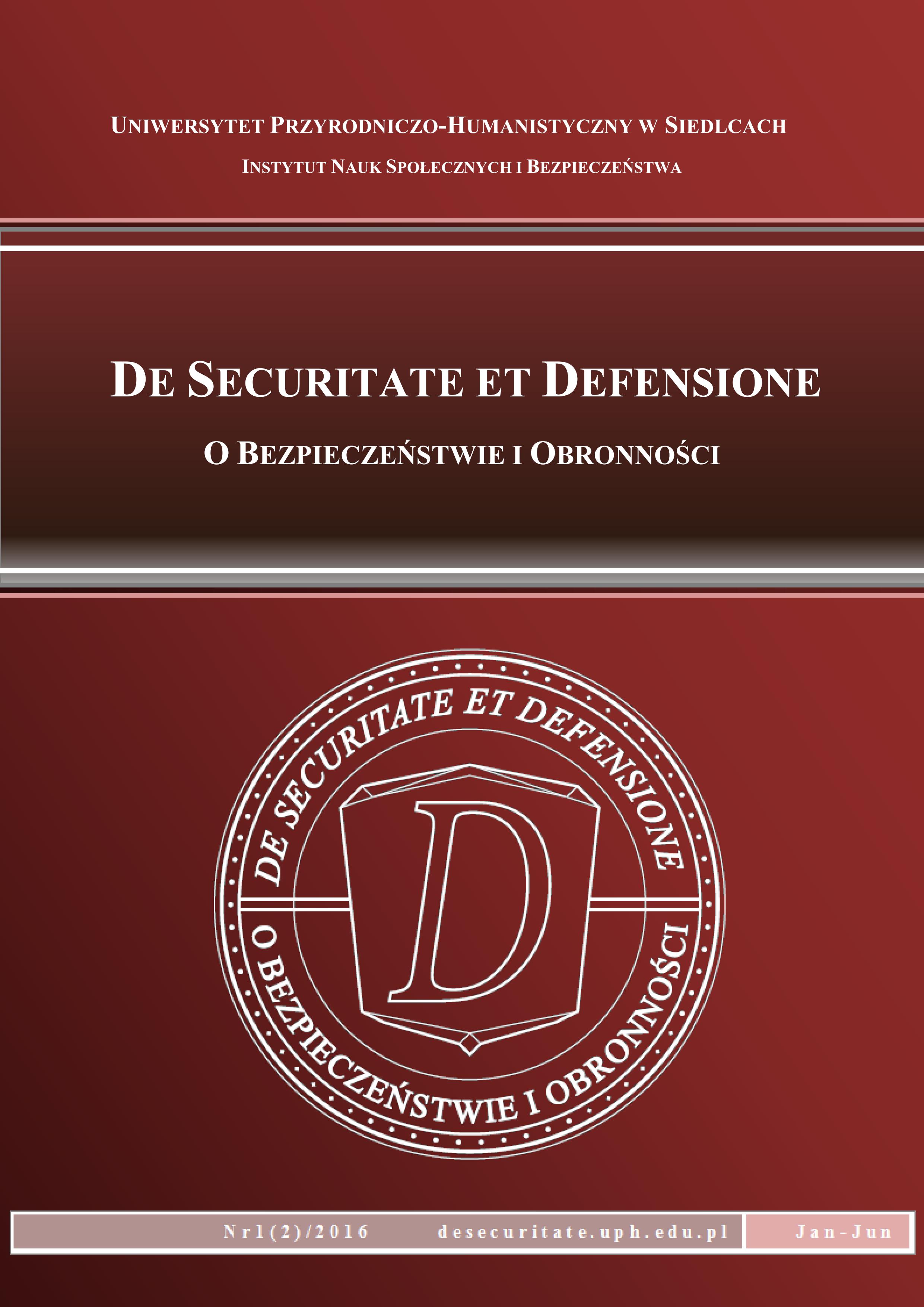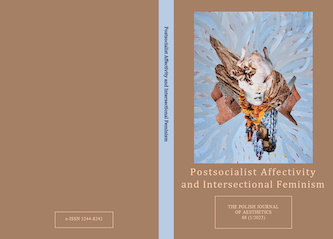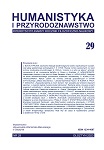Author(s): Katarina V. Đurđević / Language(s): Serbian
Issue: 4/2015
Does Plato in his late dialogue abandon from the ideal of the best state or in The Laws only adjust this ideal to the existing circumstances (whereas the concept of the polis from The Sta¬te still remains paradigm)? According to the certain interpreters Plato in The Laws does not leave the ideal of the best regulation from The State dialogue, but in his late dialogue presents the second best state with regard to the paideia which can be realized in the existing circumstances. On the contrary to this, having in mind changes which has happened in Plato’s philosophy upon The State emerged, it is possible to defend the other standpoint as well, according to which the Plato’s views of the state regulation are essentially modified in The Laws dialogue. Thematizating the difference in Plato’s concept of the state in The State and The Laws dialogues in this work has been made an attempt to show how the “revising” of the attitudes on the polytea regulation happened due to the change of Plato’s ontology. The explaining of this statement include: (1) that the difference between The State and The Laws dialogues is more thorough and deeper than it appears considering Plato’s observation that in the latter dialogue it is about „the second best state“; (2) that Plato’s scholarship on the best (ideal) state is essentially defined by its ontology, and it is confirmed by Plato’s dialogues made between The State and The Laws; (3) on this basis in the work has been founded the statement that the change of Plato’s political position is a consequence of Principal Theory re-establishing which replaces the early Plato’s ontological postulates. Owing to the serious researches of Plato’s “unwritten doctrines”, i.e. the rebuild of Principal Theory, it is obvious today that in the time period between two Plato’s tractates, on which this work is about, happened a change in the ontological premises of The State and The Laws author. Leaving of the so called “early ideas theory postulate”, indeed, understood gradual process: and a step in The State has been made toward the one of the “principals” by setting the idea of the good in the rank of what is “from the other side of being”. However, the immanent critics of ideas theory is getting radical in the Par¬me¬ni¬des, Sop¬hist, Sta¬te¬sman and Ti¬ma¬e¬us dialogues, and the latter probably most expli¬ citly points out on different Plato’s ontological position. Introduction of manyness in the world of ideas, which is happening in Par¬me¬ni¬des already, “concatenation of being and non-being”, as the Sop¬hist dialogue speaks about, is changing the relationship to what is taken away of stand-alone ontological status at early and mature Plato. The above mentioned assumption, which we tried to prove, adopt the standpoint defended by many researchers of Greek philosophy (Fink, Heidegger, Krämer, Volkmann-Schluk) that in the overall antique mind experience the ontological plan is primary, i.e. that the practical philosophy is in the shadow of “the first philosophy”, and based on it, the difference between The State and The Laws can be understood as well.
More...
